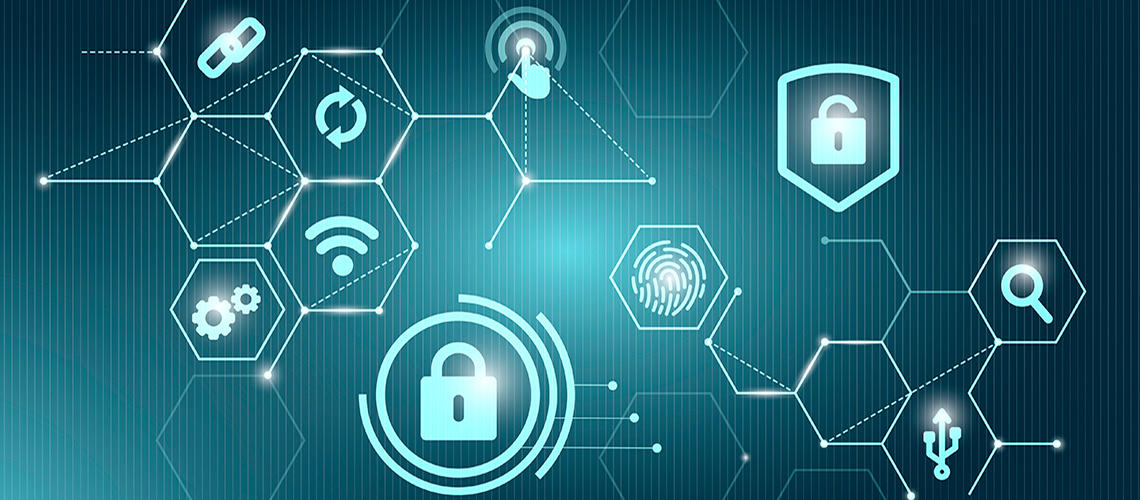Today is the last day of Cybersecurity Awareness Month. We have to foster greater security awareness at our organizations always, not only in October.
Especially, when we know that this hybrid workplace is here to stay, and for employees, this means relying on connected devices from their home office setups.
We have some ideas everyone could and must follow:
Put cybersecurity first
Always make cybersecurity a priority. Good online hygiene should be part of any organization’s onboarding process. Best practice documentation and security awareness training should be available to all employees.
Smart devices need smart security
Make cybersecurity a priority when purchasing a connected device. When setting up a new device, be sure to set up the privacy and security settings on web services and devices bearing in mind that you can limit who you are sharing information with.
Remove reused passwords
Data breaches often leak user credentials, including passwords. This can be hugely damaging for people who reuse the same passwords across accounts. Protect yourself by using a password manager to create complex, unique passwords for each account.
Turn off WiFi and Bluetooth when there is no need for them
When WiFi and Bluetooth are on, they can connect and track your whereabouts. To stay as safe as possible, if you do not need them, switch them off. It’s a simple step that can help alleviate tracking concerns and incidents.
Apply multi-factor authentication
It may add an extra step to your login process, but it’s well worth the extra time. This way, if someone gets a hold of your password, they won’t be able to access your accounts without access to your phone or other verification information.
Back-Up Your Data
The most common backup solution is known as the "3-2-1" rule, which means that there are three copies of backed-up data: One copy is on your computer; the second is copied onto an external data drive; and lastly, data is backed up to an off-site location like a cloud storage.
Assess data protection across departments
Whether you’re a global manufacturer, a small retail shop, a healthcare provider, a school, or a nonprofit organization, you have sensitive information that hackers can profit from, and that data can be found across every corner of your business. Every department needs data protection. Have a talk with your team members across every department to get a sense of the kinds of sensitive information they’re handling, and whether it’s being protected.
Think of what you click
In today's world, there are more phishing attacks than ever before. One of the most common occurrences is receiving an email that looks as though it's from a reliable company or professional superior. It's more important to check the sender’s email address. If anything looks suspicious, play it safe and get a trusted person’s opinion or delete it to be safe.
Bridge the gap between work and home
When individuals understand the potential personal impacts of a data breach — such as the compromise of their own personal accounts — they’ll start to take security more seriously.
A Zero Trust strategy creates maximum confidence
Zero Trust treats every user and every system with equal caution. Everyone is on the same playing field, and it frees up your organization to create and collaborate with greater confidence that their data remains safe.
We can help you build a Zero Trust strategy with our Hashicorp solutions, that would perfectly work for your organization. Contact us for more information.



